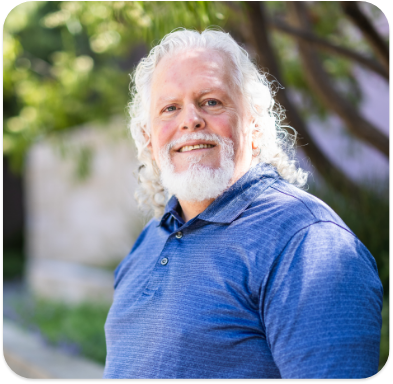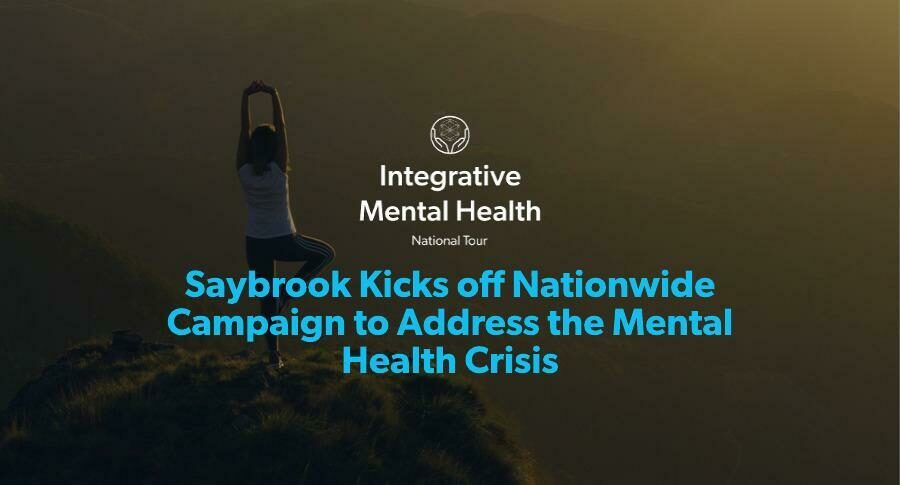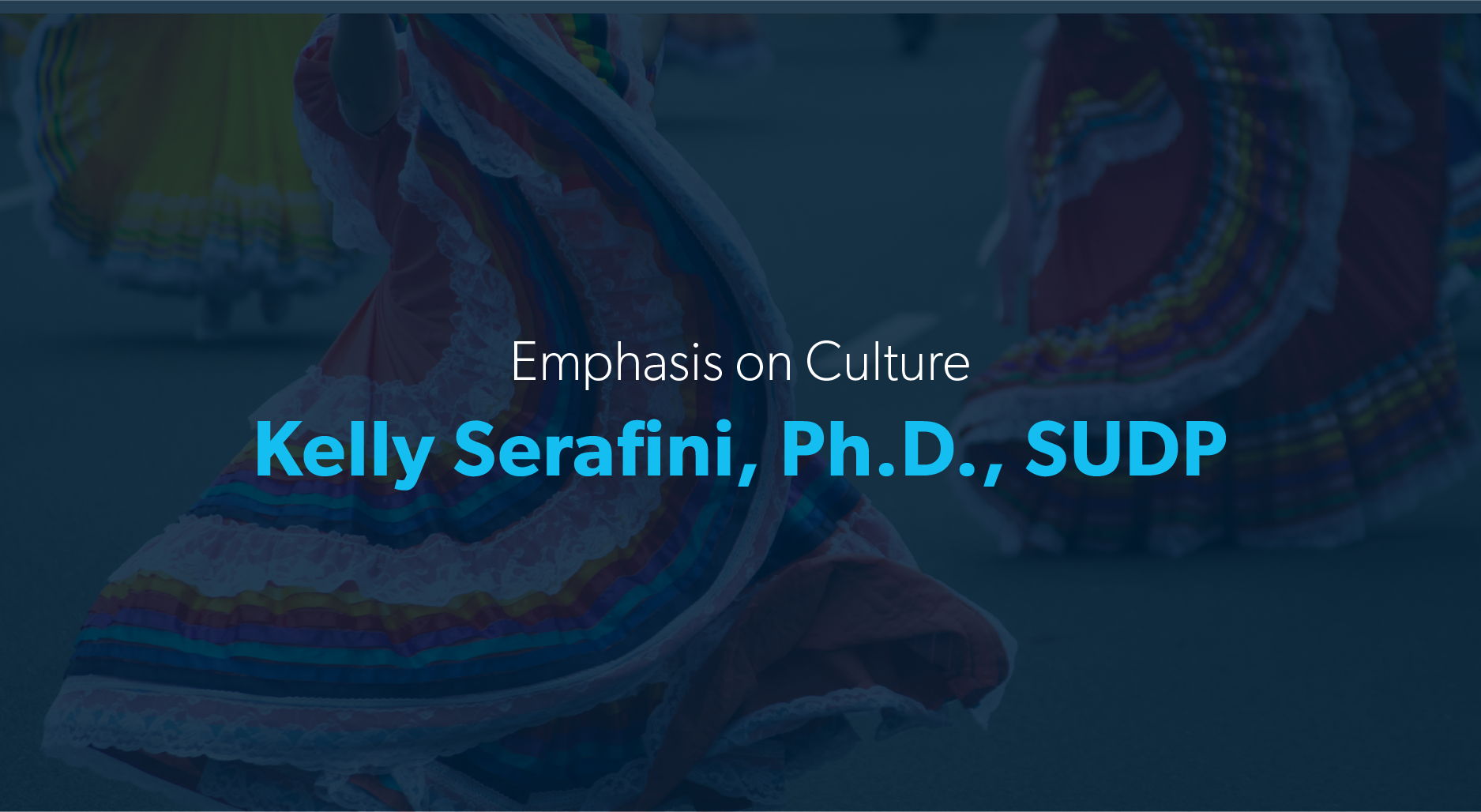Merging Presence and Meaning with Healing
Our online Foundations of Existential-Humanistic Practices Certificate offers you a fundamental exploration into the heart of psychological theory and practice: existential-humanistic therapy. Guided by the idea that psychotherapy is often equal parts art and science, you will learn to foster deep therapeutic relationships within an existential framework. Within the existential-humanistic online certificate curriculum, you will study the applications of existential theory to the human condition, the historical and philosophical traditions that underlie existential psychotherapeutic practices, the work of Rollo May and James Bugental, how to cultivate intra-psychic and interpersonal presence, and more. You will also explore your own relationship to moments of meaning in the face of existentialism within your own life.
Foundations of Existential-Humanistic Practices Online Certificate Job Outcomes
Upon completion of the online certificate program, you will have an enhanced skill set and deepened perspective to augment your current practice or career. Additionally, with the appropriate credentials and training, if necessary, you may expand into other areas, including:
- Health care
- Education
- Social services
- Corporate environments
- Community organizations
- Human resources
- Workshops
- Personal development settings
Other Online Certificates
Interested in another online certificate program? We offer programs that may align more closely with your goals.
- Clinical and Applied Hypnosis Certificate
- Complex Trauma and the Healing Process Certificate
- Contemplative End- of- Life Care Certificate
- Creativity, Innovation, and Leadership Certificate
- Biofeedback Certificate
- Integrative and Functional Nutrition Certificate
- Integrative Wellness Coaching Certificate
- Mind-Body Medicine Certificate
- Neurofeedback Certificate
- Stress Management Education Certificate
- Legal Studies Certificate
Program Components
Admissions Requirements
Applicants who are Saybrook students in good standing may register for this certificate through the registrar as an addition to their current curriculum. Saybrook students in good standing are not required to submit additional documents for application. Saybrook student applicants for the certificate must be master’s or doctoral students in any Saybrook University master’s or doctoral program.
External students and students who have at least a bachelor’s degree can apply to the Foundations of Existential-Humanistic Practices Certificate program. External students must provide the following:
- Resume or CV
- Official transcript from an accredited bachelor’s degree or master’s degree program (where applicable)
- Personal statement
It is preferred, but not required, that applicants have some professional experience relevant to existential or humanistic psychology.
Invest in Your Future
Saybrook University remains committed to keeping higher education affordable and accessible. Our Financial Aid Department is ready to offer guidance and support in determining suitable financial assistance tailored to your needs, including potential scholarship opportunities, grants, and more.
Cost
Saybrook wants you to have the information you need to make an informed decision about your academic and career aspirations. Our cost calculator provides an estimated cost of attending Saybrook to earn your Foundations of Existential-Humanistic Practices Certificate.
Sample Courses
Existential Psychotherapies
This three-credit existential psychotherapy course explores clinical applications of existential theory to the human situation in individual and group therapy. As an introduction to existential psychotherapies, this course lays out the historical and philosophical traditions that underlie existential psychotherapeutic practice, shows how existential therapy grows out of existential theory; and uses the case study method to consider how existential psychotherapy can be applied to a diverse set of problems and clientele.
Existential Psychotherapies II: Rollo May and the Existential Tradition
In this three-credit course, we will consider Rollo May’s work and legacy attentively, thereby glimpsing what psychology at its most visionary and rarified might be.
Existential-Humanistic Therapy: Experiential I
This three-credit course is the first of two four-day experiential courses taught by Existential-Humanistic Institute and Saybrook instructors as part of the curriculum leading to a Foundations of Existential-Humanistic Practices Certificate. These two four-night/five-day experiential courses offer a total of 48 hours of skill development training. Experiential courses are held at a retreat center and more info can be found on the EHI Saybrook certificate program page.
Catalog
Please refer to our academic catalog for more information on the Foundations of Existential-Humanistic Practices Certificate program.
University Learning Experience
Our Foundations of Existential-Humanistic Practices Certificate is a 100% online program. While the core of this program is completed asynchronously, there are some synchronous, online features designed to deepen your educational experience. We call this a Virtual Learning Experience (VLE). In addition to the VLEs, you will begin your studies with a virtual Welcome Week. Welcome Week activities, including a program orientation, are held online during the week before the start of Fall and Spring semesters. In-person Community Learning Experiences (CLE) are also available for you to explore. CLEs are held in odd-numbered years. They are optional and not required to complete the program.

Humanistic Clinical Psychology Faculty
Saybrook’s Humanistic Clinical Psychology faculty are practitioner-scholars dedicated to advancing their field through continued practice and comprehensive instruction. Meet some of our faculty members below.

- Director, Existential-Humanistic Psychology Specialization
- Interim Coordinator, Jungian Studies Specialization
- Member, American Psychological Association Division 32, Society for Humanistic Psychology
- Former president (2019-2020), American Psychological Association Division 32
UNBOUND: Humanistic Clinical Psychology
Graduate clinical psychology programs designed for those who wish to utilize a variety of evidence-based psychological interventions and approaches in clinical settings.



Ready to Take the Next Step?
Submit an inquiry and one of our admissions specialists will connect with you to answer your questions and guide you through next steps.
























